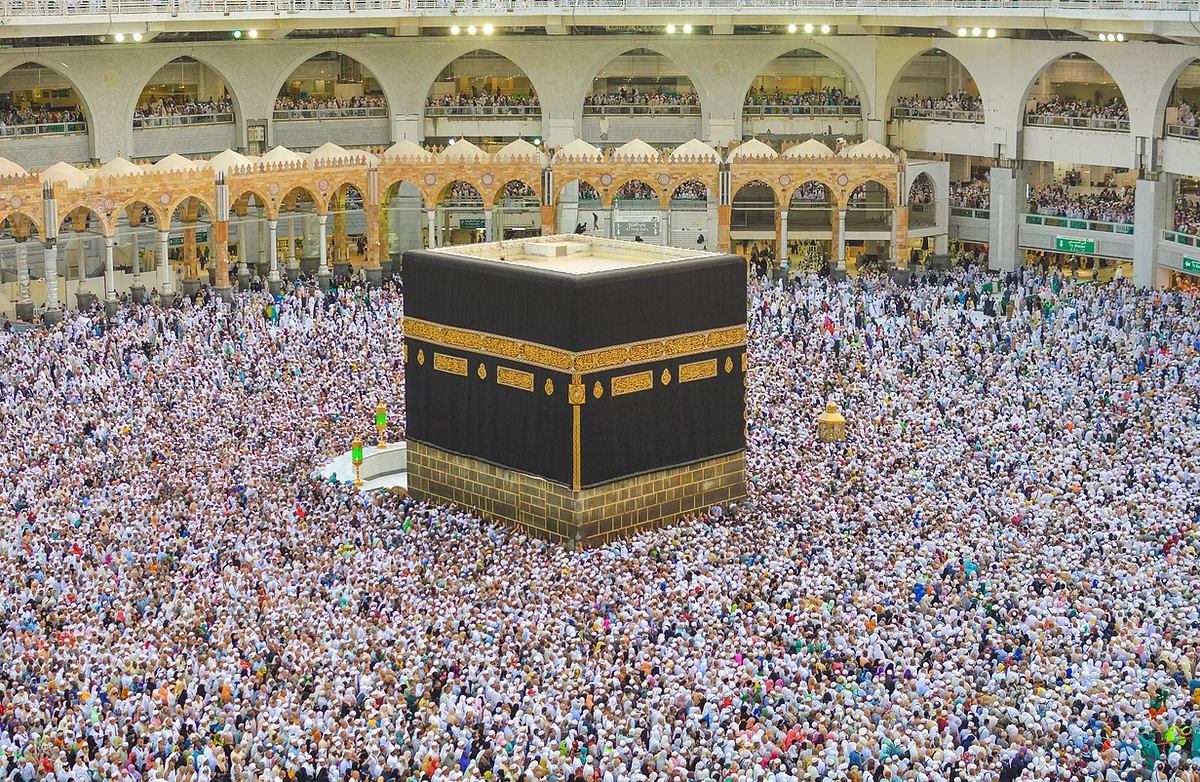Sociology and Ramadan
Sociology does not exist in vacuum, it deals with the study of society, human social interaction, the rules and processes that bind and separate people not only as individuals, but as members of associations, groups and institutions. Sociology studies the synergies that exists in the cultures, beliefs, values and religions of the members of the society. This leaves space for an analysis of Sociology and Ramadan.
Ramadan is one of the yearly customs and practices of Muslims around the globe. It is one of the five pillars of Islamic religion, other pillars are the belief in the oneness of Allah and that the prophet Muhammad (peace be upon him) is a slave and messenger of Allah (God), five daily prayers (Solat), obligatory alms given to the poor and the visitation of the House of God (Ka’bah) in Saudi Arabia for the people who have the capacity.
About Ramadan
Ramadan is a complete month of fasting and a pillar of Islam that propagates righteous living, abundant charity, extraordinary worship and deep reflection that will bring every Muslims and observers closer to Allah and Islam.
Ramadan is the ninth month of Islamic moon calendar, a calendar consisting of 345 or 355 days. It began with the migration of the prophet to Medina in 622 CE. Fasting in this month is a compulsory act for every eligible Muslim. It is a month that has gained undaunted recognition since the time of the prophet and his companions; hence, it is regarded as the holiest month.
In this month, every qualified Muslim is expected to eat, drink before dawn and suspends any oral intakes till the setting of the sun. Ramadan usually starts upon the sighting of the crescent and it ends upon the sighting of another crescent.
Sociology and Ramadan: The Significance of Ramadan
Ramadan’s significance in Islam cannot be overemphasized, it is the month that the Glorious Qur’an was revealed to the prophet Muhammad (Peace be Upon Him). “We sent it (The Qur;an) down on a blessed night” (Qur’an 44 vs 2) or the night of Decree, Verily, we sent it down in the night of destiny (Qur’an 97 vs 1).
Also, there is a night in this month that is regarded as the night of majesty. This night is called “Laylatul Qadr” in Arabic; it is a night that is better than a thousand months. Every Muslim is expected to search for this night at the later part of Ramadan days because this night comes with blessings, mercies, forgiveness and supplications are accepted massively.
Obviously, the month is a month of charity. Every buoyant Muslim that fasted must give out food charity toward the end of the fasting to his/her neighbour that is under privileged. In addition to this, people are also encouraged to give out voluntary charity as it attracts double rewards in this month. This generous act can be seen in almost all the countries where mosques and individuals will prepare free food for the commencement and the breaking of fasting (iftar) for the whole month.
Sociology and Ramadan: The Social Purpose
Indeed, it is believed that during this month, the gates of heaven are opened and the gates of hells are closed. Many Muslims seek forgiveness and they are granted, and many turn a new leaf to become pious people. Satan will be chained and many people will engage in good activities, this does not means that some Muslims will not sin during this month but the kind of sins they will commit have no hands of the devil but a free will sin.
Apparently, the month comes with deep reflection that leads to inter-human human leniency and compassion. The world comprises of different categories of people; the rich and the poor, the strong and the weak. There are people who never had the opportunity to eat three square meals per day; also there are people who have never gone hungry. During this month, everybody will be equal. The rich shall feel the hunger of the poor and the strong shall feel the weakness of the weak. This will lead to inter-human compassion.
Lastly, the month teaches patience and self-control. It is forbidden in the month to fight, abuse or engages in any malicious act that can inflict physical, emotional or psychological pain on anybody. This can be obviously seen in a situation where by person(s) wanted to ignite a quarrel with an individual who is fasting, “I am fasting” is required by the individual to control himself/herself which is an act of patience and self-control.
How to Observe Ramadan?
Ramadan Fasting is only meant for Muslims around the globe. It is the act of abstaining from eating, drinking, fighting and sexual intercourse from the food taken at dawn (zahur) to the time of breaking the fast (iftar). However, because of the dangers attached to too long hours without food or drink there are people who are exempted from fasting during this month. These people are; the elderly, the chronically ill individuals, children who have not reach the age of puberty, women who are pregnant and nursing mothers.
The groups of people who have reached puberty and are unable to fast are expected to feed the poor in lieu of their fasting. Also, a traveller who is unable to fast at the particular moment will have to pay back the fast after the month of Ramadan.
What Happens a Day after Ramadan?
A day after Ramadan is one of the two yuletides of Muslims. It is called Eid-l-Fitr, literally translated as the celebration for breaking the fast. On this day, no one is allowed to fast and everybody must eat and drink lawfully to their satisfaction. It is a great day in Islamic cosmology and Muslims are enjoined to be in their best attire for the celebration of the day.
Also, to make sure every Muslim enjoys the day; all the buoyant Muslims that fasted must give out food charity prior to the day to the people that are under privileged so that everyone can feel the happiness of the day.
Lastly, to ensure unity and peaceful co-existence Muslims are to go out in mass and pray together at a big praying ground. The prayer happens two times in a year, during the Eid-l-Adha and Eid-l-Fitr. Eid-l-fitr is a widely recognised celebration all over the world and hundreds of countries give their citizens holidays ranging from two days upwards for the celebration of the day.
Conclusions on Sociology and Ramadan
In conclusion, activities embedded in our customs, values and religious beliefs are storages of our social heritage. It is what sociological customs deal with; to preserves our culture, values, norms and also transmits them to the succeeding generations, to bring people together and develops social relationships among them. A typical example of this is the Ramadan fasting that has been practiced yearly by Muslims for more than a thousand years. It has, over the years, served as a bond for Muslims all over the world. A bond that has been created even for the unborn generation.







